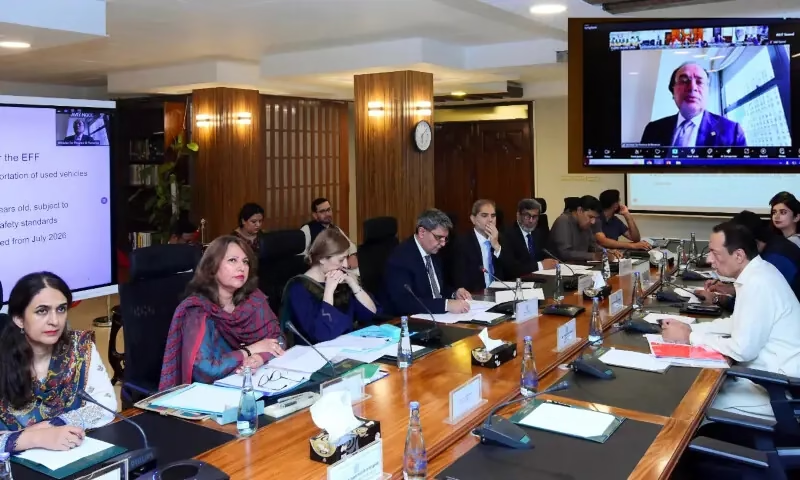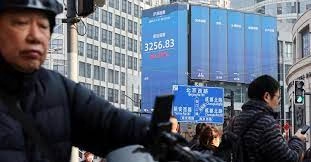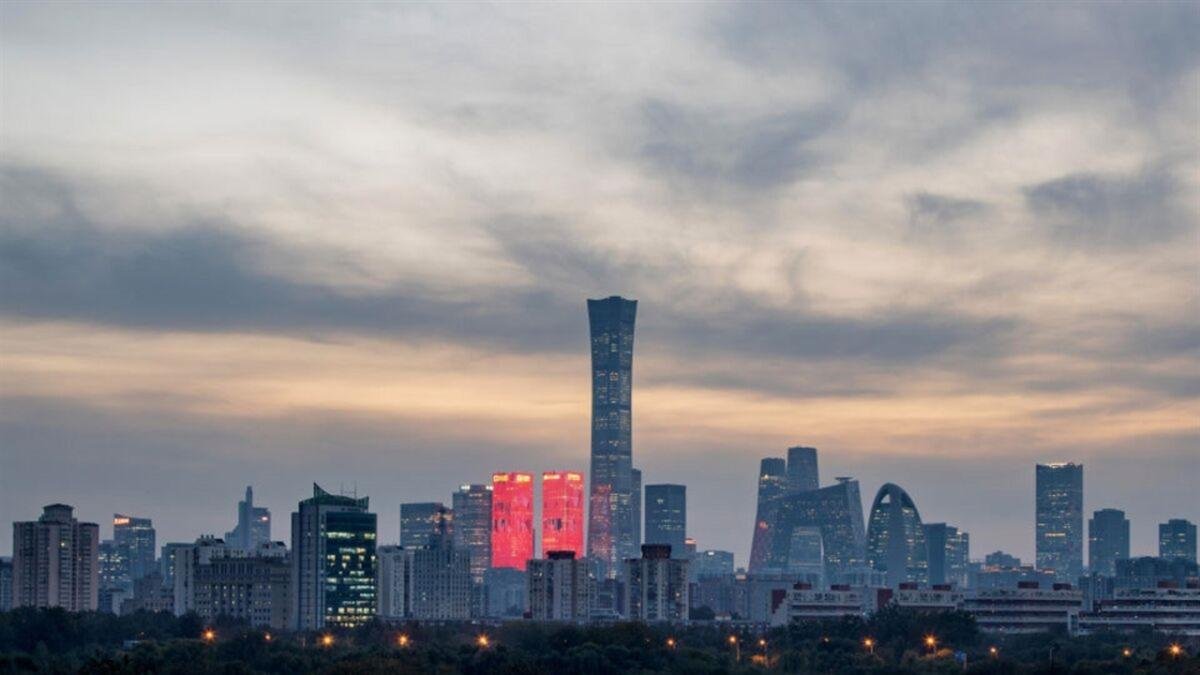The Economic Coordination Committee (ECC) has approved a significant policy decision allowing the commercial import of used vehicles in Pakistan. This marks a turning point for the local automobile industry, as it opens the door for foreign used cars to officially enter the market under regulated conditions.
According to the Finance Division, the ECC, chaired virtually by Federal Finance and Revenue Minister Muhammad Aurangzeb, gave its approval after detailed discussions. The decision is set to reshape the dynamics of Pakistan’s auto industry, impacting manufacturers, dealers, and consumers alike.
Key Decisions on Commercial Import of Used Vehicles in Pakistan
Under the new policy, only vehicles that are not older than five years will be permitted until June 30, 2026. After that date, the restriction on vehicle age will be lifted. This gradual shift aims to balance the concerns of local manufacturers while giving consumers more options.
The ECC has also imposed a 40% regulatory duty in addition to the existing customs duties on the commercial import of used vehicles in Pakistan. This enhanced duty will remain in place until June 2026. From July 2026 onwards, the duty will be reduced by 10 percentage points each year, ultimately reaching zero by FY 2029-30.
The ECC emphasized that all imported vehicles must strictly comply with environmental and safety standards, ensuring that the policy supports sustainability and road safety.
Impact on Local Auto Industry
The approval of the commercial import of used vehicles in Pakistan has raised serious concerns among local car assemblers and parts manufacturers. Industry experts warn that the move could potentially threaten the survival of local manufacturing plants within the next two years.
The Pakistan Association of Automotive Parts and Accessories Manufacturers (PAAPAM) highlighted that used vehicles already make up about 25% of Pakistan’s market, which translates to more than 40,000 units annually. In contrast, the share of used cars in other Asian countries remains negligible:
- India: 0%
- Vietnam: 0.3%
- Thailand: 1.2%
Former PAAPAM Chairman Aamir Allawala explained that high import duties in these countries—125% in India, 52% in Vietnam, and 80% in Thailand—discourage used car imports. In Pakistan, duties on completely built-up (CBU) units currently range between 50–100%, but the newly approved commercial policy is expected to gradually reduce this protection for local assemblers.
Consumer Benefits and Challenges
For consumers, the commercial import of used vehicles in Pakistan could bring increased variety and potentially lower prices, especially once regulatory duties are gradually reduced. Imported vehicles are often seen as better in terms of quality, features, and fuel efficiency compared to some locally assembled models.
However, the imposition of a 40% regulatory duty means that imported cars will still be relatively expensive in the short term. Consumers may only see significant price relief after 2026 when the duties start decreasing.
Another key benefit of this decision is transparency. The All Pakistan Car Dealers and Importers Association (APCDIA) has long advocated for imports through official banking channels. This shift will ensure that foreign exchange transactions are documented, helping reduce reliance on the kerb market and supporting the formal economy.
Government’s Perspective
The government views the commercial import of used vehicles in Pakistan as a way to broaden consumer choice, enhance transparency through banking channels, encourage compliance with tax regulations, and push local assemblers to improve quality and competitiveness.
By gradually phasing out regulatory duties, the government also aligns its policies with IMF recommendations for tariff rationalization in the auto industry.
Future Outlook of the Auto Market
The long-term impact of the commercial import of used vehicles in Pakistan depends on how local manufacturers respond. If they invest in modern technologies, improve after-sales services, and focus on affordability, they may withstand the new competition. Otherwise, the influx of imported vehicles could significantly reduce their market share.
The market is expected to evolve in the following phases:
- Short-term (2025–2026): Limited imports due to high duties
- Medium-term (2026–2029): Increasing competition as duties fall
- Long-term (2030 onwards): A fully open market with zero additional duties, where local and imported cars compete purely on quality and pricing
The ECC’s approval of the commercial import of used vehicles in Pakistan is a landmark decision that will reshape the country’s automobile sector. While it brings opportunities for consumers in terms of variety and transparency, it also poses challenges for local assemblers struggling with competitiveness.
If implemented effectively with strict environmental and safety checks, this policy could modernize Pakistan’s auto market and give buyers more reliable choices. However, the survival of local manufacturing will depend on innovation and adaptability in the face of global competition.



